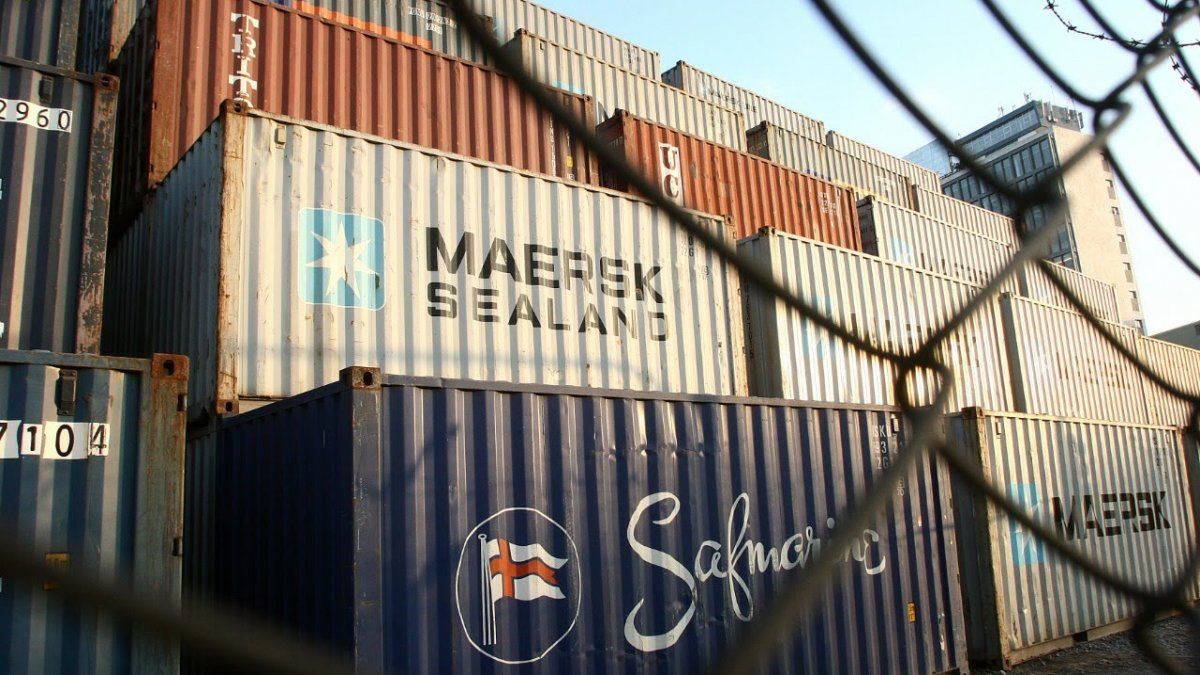China It harden the controls for the companies in their country that want to export. As of Wednesday, only the companies that have an export license own may dispatch products abroad, Argentina included. While the novelty threatens to slow down the imports of the Asian giant, according to experts, among local companies, The change in regulation is seen as an improvement in the transparency of bilateral trade.
The decision was reflected in the number regulation 17/2025 of the State Tax Administration (STA). Consulted by Scopethe former Secretary of Foreign Trade Marisa Bircher He explained that this situation “It reflects a China turn towards a stricter control of its foreign trade and of the fiscal traceability of its exporters. “
Complementary, An entrepreneur with treatment fluids with firms from that country He commented that to this means that “there are people who do not meet all the requirements and matter through other people. In China it was an extended, frequent habit of people who used the licenses that others had regulated“
Therefore, this is part of “a mechanism for transparency of information within China itself, which implies that who is going to do the export must be registered as an exporter: be it a ‘trader’ or the factory and declare what it is selling and how it is selling it. “
In August of this year, China’s exports to Argentina reached the US $ 1,523 millionregistering a 71.2% year -on -year increase. In addition, it was the highest amount since January. In the accumulated of 2025, the imports of the Asian power fired 73.6%, for a total of US $ 11,275 million. “They represent 22.4% of the imported total,” he explained to this medium Jorge Bercianofounder of the UNEXAR consultant.
How would Argentine importers impact?
Bircher He commented that for Argentina “this can translate into a relative increase and the loss of agility in access to inputs and intermediate goods, just in a context in which the local industry depends increasingly on pieces and spare parts imported from Asiamany times in small quantities and low cost. “
From now on, the founder of the Biglobal consultant explained that “an Argentine importer can no longer easily acquire products from a small manufacturer through a documentary intermediary: You must deal directly with an exporter registered and authorized by the STA“
And he added that “although it does not imply a market closure, The measure forces to restructure commercial ties, seeking direct license suppliers and adapting negotiation times“
China Argentina Banderas
Imports from China shot this year, product of government deregulations.
Scope
Who could be affected?
For its part, from the consultant Jidoka They were more taxative and assured that “This measure will directly impact bilateral tradeconsidering that Approximately 50% of Chinese companies that currently sell Argentina are not direct exporters“
Gabriel Solomoncommercial director of Jidokahe said that “historically, Half of shipments from China were made with lend licensesa practice that is now completely prohibited. ”
In this sense, he warned that the main affected products include cars, phones and motorcycles“sectors where many manufacturers operated without their own licenses to offer more competitive costs.”
“Those companies that pay advances to Chinese suppliers without previously verifying a valid export license They could face the total loss of your investmentsince merchandise can never be dispatched from origin, ”he warned Solomon.
For its part, Berciano He argued that “Who will be minority (and for a few months) are the importers of exchange goods (Around 21% of the total imported from China), since they buy wholesalers – distributors (who then export) instead of manufacturers of merchandise. “
And he added that these operations “are practically carried out in advance and most of them are on a trip to Argentina at the time of the year and the low exchange parity.”
Long -term benefits
While Bircher commented that “the short -term risk is higher costs and delays; the long -term opportunity, on the other hand, is to move towards a more transparent operation with more stable relationships with Chinese producers“
A source relativized the impact that the measure on trade with China could have and emphasized that “It’s good” when improving products traceability. In this regard, he stressed that large local companies work with important Chinese exporters and that they are “well formalized.”
Another businessman acknowledged that he is studying regulations and stated that in Argentina the impact “can be diverse.” On this point, he considered that the complication can happen “For very small businesses that work with some ‘trader’ abroad that does not have the export qualification record. “
In line, Berciano said that “in general there should be no inconvenience” because “Almost 80% of the merchandise originating in China are destined for the industry (Capital goods, raw materials, supplies, spare parts) And they are exported by their manufacturers“
Source: Ambito




